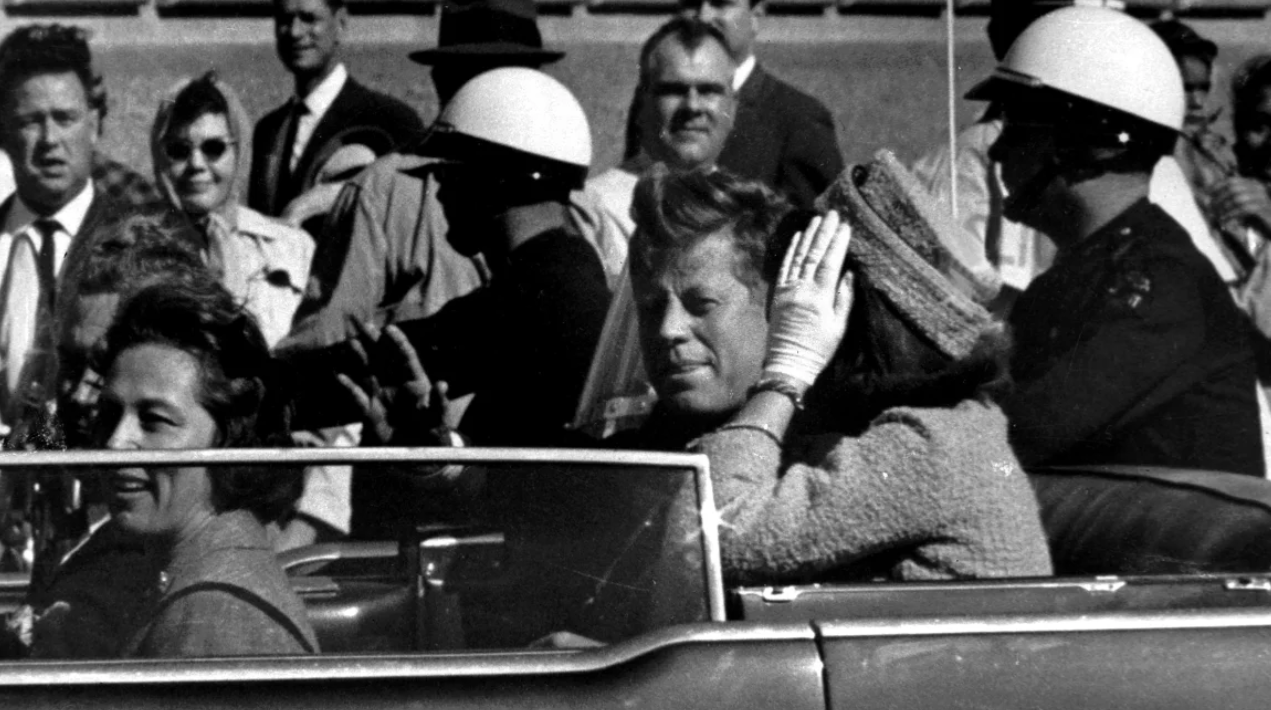
In a move that reignites decades-old debates and conspiracy theories, the Trump administration released over 80,000 pages of previously classified records tied to the assassination of President John F. Kennedy on Tuesday, March 18, 2025. The disclosure, long anticipated by historians and the public alike, marks the latest chapter in the quest to unravel one of America’s most enduring mysteries. While the release fulfills a campaign promise by former President Donald Trump, experts caution that the documents are unlikely to upend the official narrative of Kennedy’s 1963 murder—even as they shed new light on the shadowy corners of Cold War-era intelligence operations.
A Long-Awaited Release
The records, published on the National Archives website, include 1,123 documents previously withheld or redacted, many originating from the CIA, FBI, and Pentagon. This follows a 2023 release of 13,000 documents under the Biden administration, which itself was part of a broader declassification effort mandated by the 1992 JFK Records Act. Trump, who first vowed to release the files during his 2024 campaign, emphasized the public’s right to transparency, declaring, “People have been waiting for decades to see these records.” His executive order, signed shortly after taking office, accelerated the review of materials related not only to JFK’s assassination but also to the killings of Robert F. Kennedy and Martin Luther King Jr.
What’s Inside the Files?
While the newly released documents span tens of thousands of pages, their contents remain cryptic. Cataloged by numerical identifiers rather than descriptive titles, researchers face a daunting task in parsing their significance. Early analyses suggest the files include intercepted communications, intelligence reports on Lee Harvey Oswald’s activities abroad, and FBI memos detailing the bureau’s investigation. Notably, Director of National Intelligence Tulsi Gabbard confirmed that approximately 80,000 pages were published without redactions, though some records remain under court seal or protected by grand jury secrecy laws. The National Archives is collaborating with the Justice Department to expedite the unsealing of these remaining documents.
Experts Temper Expectations
Tom Samoluk, a former deputy director of the Assassination Records Review Board (ARRB), which oversaw the declassification of millions of pages in the 1990s, downplayed the likelihood of groundbreaking revelations. “If there had been anything that cut to the core of the assassination, the Review Board would have released it in the mid-’90s,” he told CNN. Samoluk, who reviewed thousands of records during his tenure, reiterated the ARRB’s conclusion that Oswald acted alone—a finding consistent with the 1964 Warren Commission report.
Similarly, University of Virginia political scientist Larry Sabato, author of The Kennedy Half-Century, warned against overhyping the release. “We will learn things,” he said, “but people expecting to crack the case after 61 years will be bitterly disappointed.” Sabato noted that many documents likely pertain to tangential Cold War operations or intelligence-gathering methods, rather than direct evidence of conspiracy.
Persistent Conspiracies and Government Secrecy
Kennedy’s assassination has long been a breeding ground for conspiracy theories, ranging from CIA involvement to mafia collusion. Trump himself has occasionally echoed such speculation, once suggesting in a 2023 rally that “there’s more to the story than they’ve told us.” This rhetoric has fueled public skepticism, with polls indicating that over 60% of Americans distrust the lone-gunman narrative.
Yet national security concerns continue to justify secrecy. Agencies like the CIA and FBI have historically resisted full disclosure, citing the need to protect confidential sources—some of whom may still be alive—and safeguard intelligence methodologies. In 2023, the FBI disclosed the discovery of 2,400 previously overlooked records during a renewed search prompted by Trump’s executive order. Such revelations underscore the challenges of maintaining transparency while balancing ethical and security obligations.
Political Implications and Historical Legacy
The document release underscores the fraught relationship between government transparency and historical accountability. Trump’s push for declassification aligns with his broader critique of the “deep state,” framing the move as a victory over bureaucratic obstruction. However, critics argue that the timing—amidst a contentious election cycle—risks politicizing a historical tragedy.
For historians, the value of the release lies less in sensational revelations than in contextual enrichment. Details about Oswald’s interactions with Soviet and Cuban agents, for instance, could deepen understanding of his motivations. Likewise, records pertaining to the FBI’s chaotic investigation may illuminate the institutional failures that fueled public mistrust.
The Road Ahead
While the National Archives asserts that 99% of JFK-related records are now public, the final 1% remains contentious. Legal barriers, including grand jury protections and tax code restrictions, complicate full disclosure. Advocates for transparency, including JFK researchers and civil liberties groups, argue that the public’s right to historical truth outweighs lingering secrecy.
As the nation approaches the 62nd anniversary of Kennedy’s death, the document release serves as a reminder of the enduring quest for closure. Yet it also highlights the limits of transparency in a world where national security and historical inquiry often collide. For now, the files stand as a testament to a president’s murder that continues to captivate—and divide—the American imagination.
In the words of Sabato, “The Kennedy assassination is a mirror. What you see in these documents often says more about you than about what happened in Dallas.” As researchers sift through the pages, one thing remains clear: The mystery of November 22, 1963, endures, not merely as a historical event, but as a reflection of America’s enduring struggle to reconcile its past with its ideals.
Thanks for sharing. I read many of your blog posts, cool, your blog is very good.